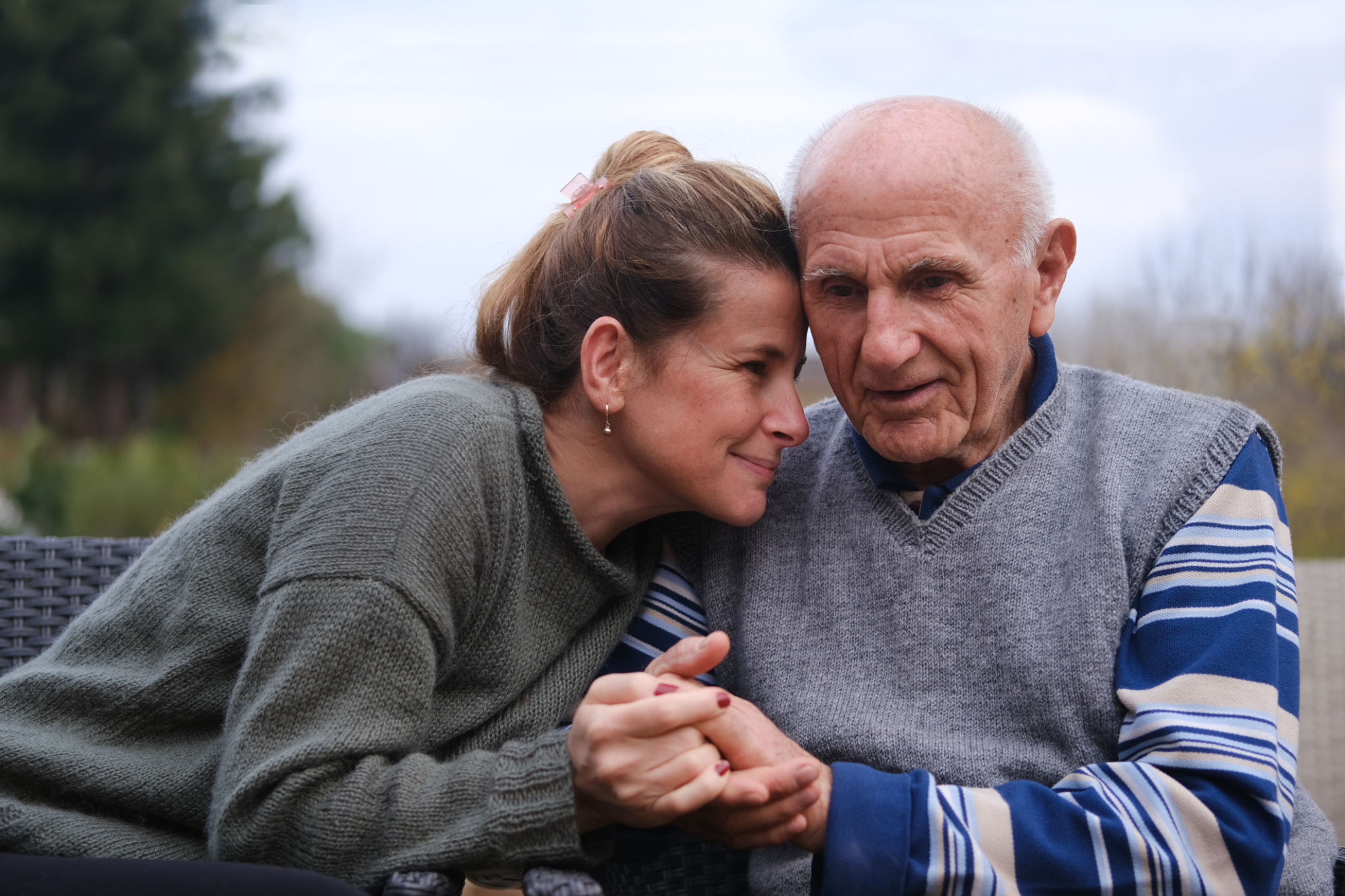The Future of Elder Care: Integrating Community and Connection
Rethinking Elder Care for the Future
As we move forward into the future, the landscape of elder care is evolving rapidly. With technological advancements and a shift towards more community-oriented approaches, the way we care for our elderly is becoming more integrated and connected. This transformation is crucial as the aging population continues to grow, demanding innovative solutions to ensure their well-being and quality of life.
The focus is no longer solely on medical and physical needs. Instead, there is a growing recognition of the importance of community and connection in promoting mental, emotional, and social health among seniors. This holistic approach is paving the way for a more compassionate and effective elder care system.

The Role of Technology in Elder Care
Technology is playing a pivotal role in reshaping elder care. From wearable health monitors to virtual reality experiences, these innovations provide seniors with more autonomy and engagement in their daily lives. Telehealth services have become particularly valuable, offering remote consultations that make healthcare more accessible for those with mobility challenges.
Moreover, social platforms designed specifically for seniors are enabling them to connect with family and friends, combating loneliness and isolation. This technological integration is not just about convenience; it’s about enhancing the quality of life for our elderly population.
Community-Based Approaches
Community-based elder care models emphasize the importance of local support networks. These approaches often involve partnerships between healthcare providers, local businesses, and community organizations to create a supportive environment for seniors. By focusing on community integration, elderly individuals can maintain independence while having access to necessary resources.

Programs like community centers or senior day activities provide opportunities for social interaction and engagement. These initiatives are essential in fostering a sense of belonging and purpose among older adults, which can significantly impact their overall well-being.
Importance of Social Connections
Social connections are vital for maintaining mental health and cognitive function in older adults. Studies have shown that seniors with strong social networks experience lower rates of depression and cognitive decline. Therefore, facilitating meaningful relationships is a key component of modern elder care.
Family involvement also plays a crucial role. Encouraging regular communication between seniors and their loved ones, whether in person or through digital means, helps to strengthen bonds and provide emotional support. This connection is invaluable in promoting happiness and satisfaction in later life.

The Path Forward
The future of elder care lies in creating systems that blend technology with human interaction. By leveraging both advancements in digital tools and the timeless value of community, we can ensure that our aging population receives comprehensive care that addresses all facets of their well-being.
As we continue to innovate and adapt, it's essential to remember that the heart of elder care remains compassion and empathy. By prioritizing these values, we can build a future where seniors lead fulfilling lives enriched by both community support and personal connections.